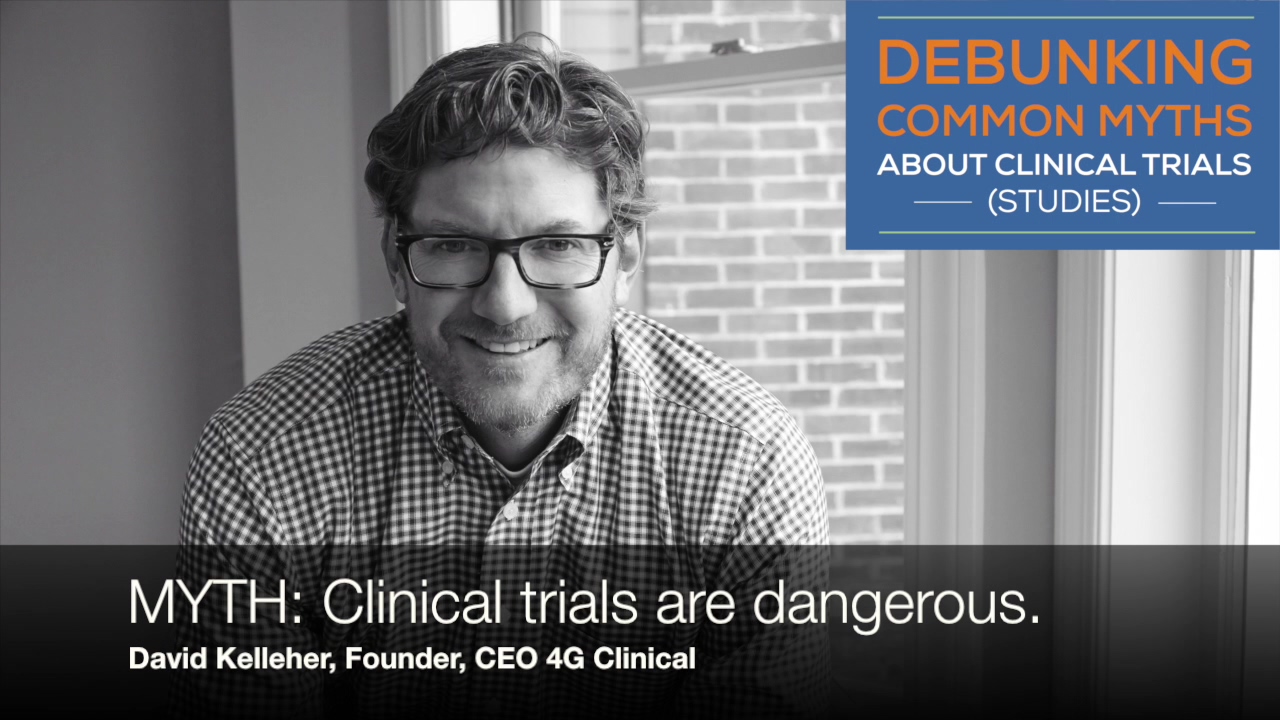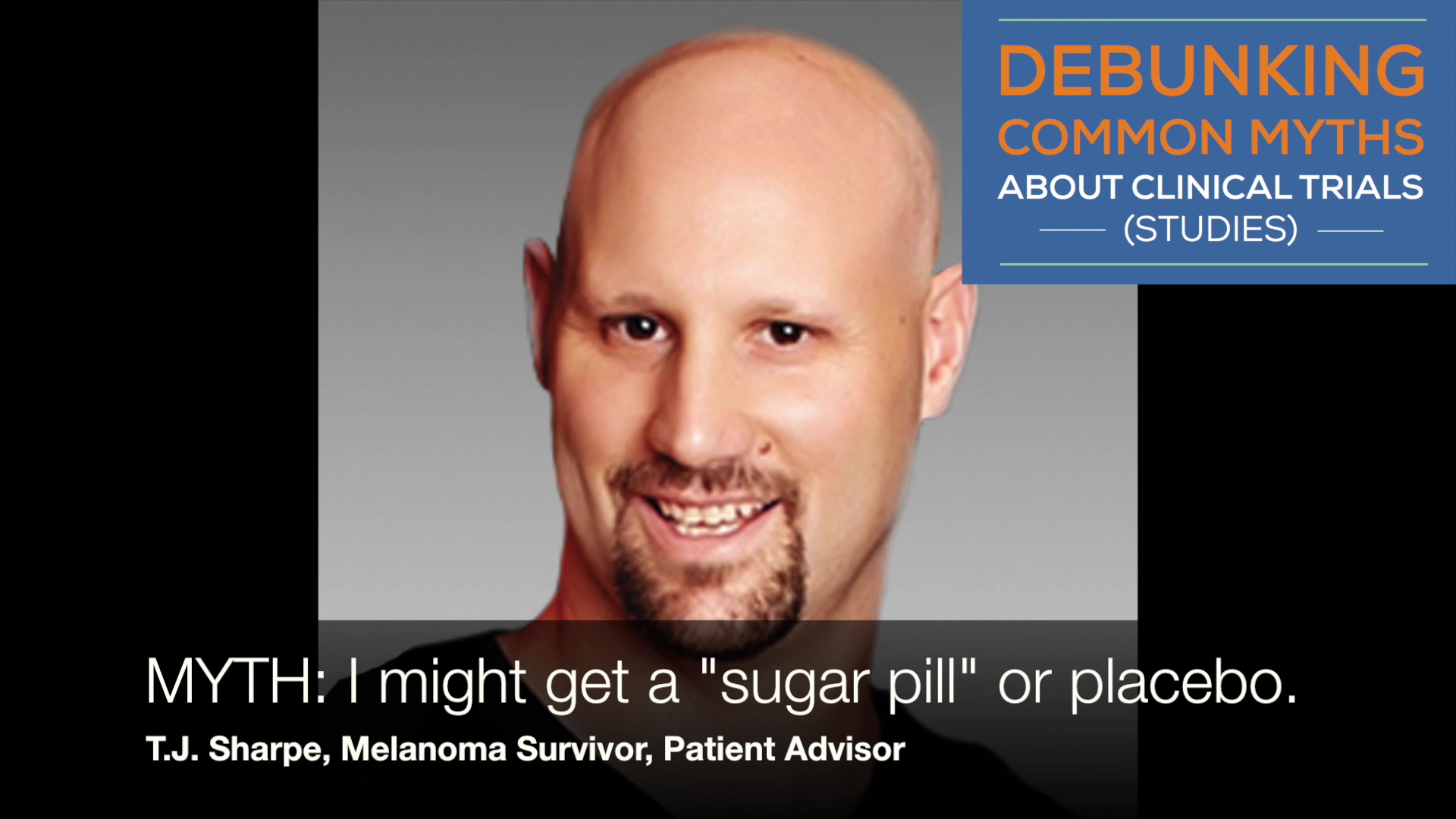June 12, 2019
Clinical Trial Myth #2 - If You Take Part In Clinical Research, You Will Not Be Helped
Written by: 4G Clinical
4G Clinical is proud to support CISCRP (Center for Information & Study on Clinical Research Participation) in their mission to increase clinical trial literacy by participating in a video series addressing the common misconceptions of clinical trials.
In the second video of the Debunking Common Myths in Clinical Research series, you will hear Joseph Kim from Eli Lilly and Company address the different potential outcomes patients may face.
Related Videos:
 |
 |
-thumb.jpeg?width=1920&name=Joe%20Kim%202%20Complete%20(1)-thumb.jpeg) |
Read the transcript:
Hi. I'm Joseph Kim. I'm in Clinical Research with Eli Lilly and Company. I'm also the host of their podcast, the Elixir Factor. It's a show about science and the stories that inspire innovation.
I'm here to talk to you today about clinical research, and some of the myths that surround them. One of them is, if you take part in clinical research, you will not be helped. This is a tricky one. Absolutely, you may not be helped by the said investigational drug...that's true. You may not be helped if you're taking placebo. Although there is something called the placebo effect, which maybe we'll talk later about. But the fact of the matter is that you are surrounded by a lot of care.. medical care. By really great physicians who are researching the advancement of new medicine, great study coordinators and great nurses. So long as these are reputable world-class clinicians, and the drug is being designed and sponsored by a reputable company, there's a lot of care that goes into making sure you are safe. And because there is a lot of care to make sure you are safe, you may also find out things about yourself that you otherwise wouldn't because you aren't taking part in research.
If you want to talk about just the medicine you are taking, or the investigational medicine, in some cases they work, in which case you may get better or if you're taking the comparator that's active. Sometimes we use "Drug A" that is on the market and compare it to the investigational drug -- If "Drug A" works you could get better. Certainly you may not get better so there's a strange truth to the fact that you will get better, or you may be helped, I guess is more accurate. But absolutely, there's a chance that you may not be helped at all.
Is it better than doing nothing? I don't know. This is the hard part about research in humans in healthcare. At the end of the day though, research is approved by what we call Institutional Review Boards, and these are basically third-party ethics committees who make sure that the design of the research and everything about the investigational medicine has enough safety around it so that we're not putting patients and humans into harms way or at least needless risk. So companies do their best to try and help you understand the risks and benefits of participating. Certainly there's a lot of good medical care that you'll receive quite frequently so that whatever is happening is detected, hopefully, and you remain safe.
Many patients leave their participation in research understanding their disease a lot better, and actually being a more sophisticated manager of their own disease. And while that is not a patient getting better in the research itself, research had a part to play. Ultimately, at the end of the day research is about finding the truth about a potential medicine and if the truth is positive, hopefully it can be brought to the world to help lots of other people live better lives.
Tag(s):
Industry Voices
